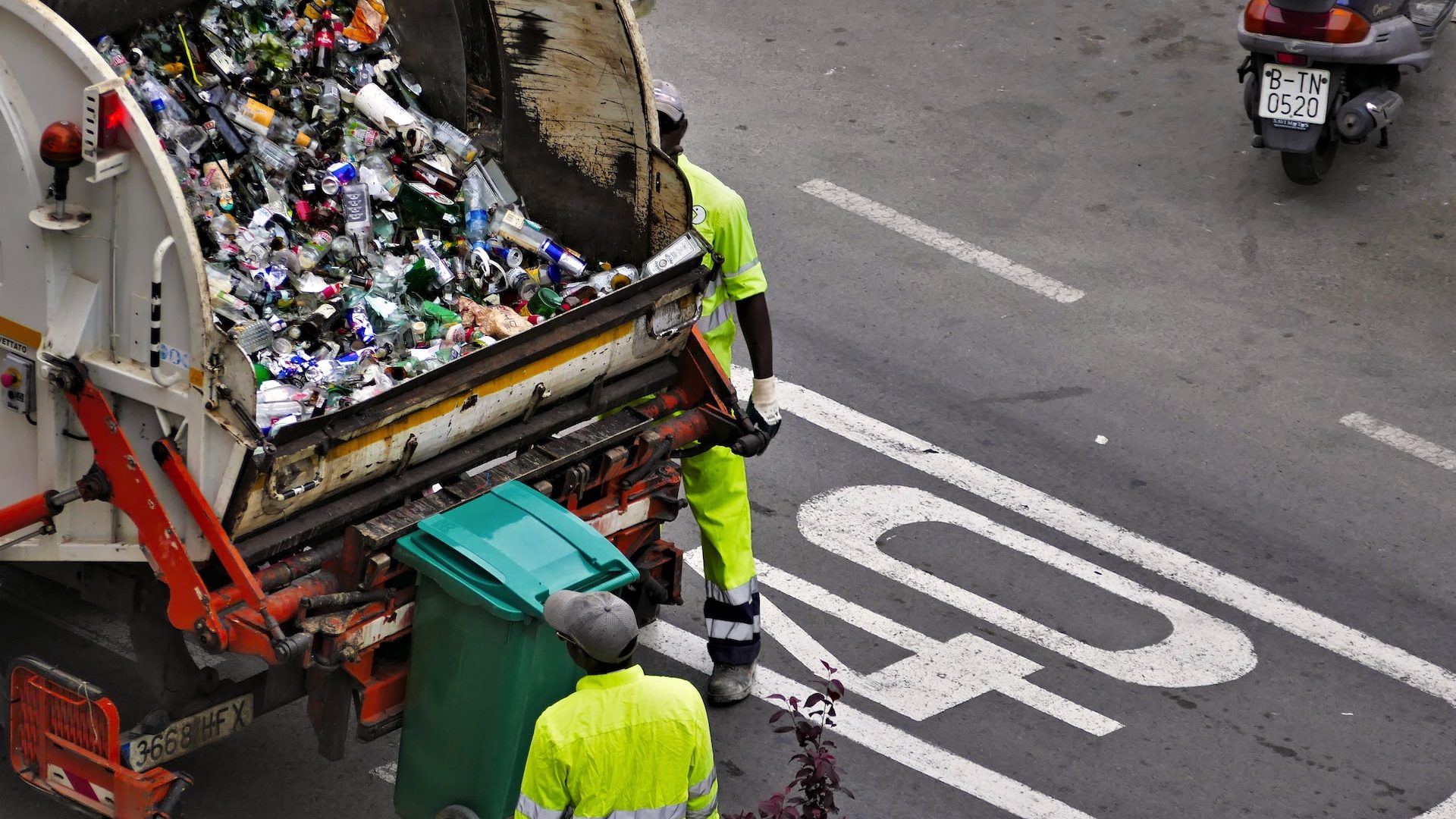MichMash: Democrat lawmakers are looking at potential environmental policy changes
Bridge Michigan’s environmental reporter Kelly House tells Cheyna Roth how environmental stories will affect Michiganders in 2023.

Bridge Michigan’s environmental reporter Kelly House tells MichMash host Cheyna Roth how environmental stories will affect Michiganders in 2023.
Subscribe to MichMash on Apple Podcasts, Spotify, NPR.org or wherever you get your podcasts.
In this episode:
- Democrat lawmakers are planning to address climate change in 2023.
- Communities are still struggling with clean water and replacing a lead service line.
- A bipartisan bill was passed that seeks to improve recycling in the state, but some take issue with language allowing “chemical recycling efforts.”
Democrats control Michigan’s legislature and are still trying to decide what issues they want to prioritize in the next session, but combating climate change is high on the list.
Kelly House, an environmental reporter for Bridge Michigan, spoke with Cheyna Roth about climate issues that lawmakers are looking to address in the next session.
Whitmer announced a Healthy Climate Plan in April that sets out recommendations she’d like to see codified, House said. The plan sets the goal of reducing Michigan’s carbon emissions by 28% by 2025 and 52% by 2030, according to a press release announcing the plan.
“That plan includes things like a renewable energy standard, like incentives for EVs, but a lot of the things that it recommends would require some sort of legislative action to make it law,” House said.
Many environmental challenges happened in 2022 that will continue to be addressed in 2023. Clean water continues to be a problem in the state, House said. Benton Harbor declared a state of emergency in the fall of 2021 due to severe lead levels in the city’s drinking water. Communities are also struggling to keep up with a 20-year deadline to replace all lead service lines, but financial support from the state government may soon help these efforts.
“There was a big glug of money dedicated to those kinds of efforts last year, it still pales in comparison to the scale of the problem and I think everyone recognizes that,” House said. “And it’s likely that those conversations will continue this year, both in terms of how do we ensure clean water, and what sort of water spending might be part of the legislature’s efforts to spend a $6 billion surplus that the state has.”
At the end of the 2022 legislative term, a bipartisan bill was passed that gave support to the Michigan Solid Waste system to improve recycling and send fewer things to landfills, House said. It does this by creating grants to expand recycling and requires local governments to create recycling expansion plans.
“So it really moves everything in a different direction in a state that has some of the lowest landfill tipping fees in the nation and where you’re accepting trash from out of the country. It tries to steer us more toward avoiding putting things in landfills,” House said.
People took issue with language in the bill that allowed “chemical recycling efforts” that use heat and other substances to melt down hard-to-recycle plastics for other uses, House said. Opponents argue that some technology being used is unproven and can incinerate plastic in its process.
“From their perspective it sort of provides cover for the continued production of more plastic when they believe we should just be finding ways to use less to begin with,” House said.
Related Posts:
- Is Michigan prepared to be a climate refuge?
- Detroit’s need to address pollution, heat waves and flooding
- Another Michigan lead crisis is erupting in Benton Harbor
Support the podcasts you love.
One-of-a-kind podcasts from WDET bring you engaging conversations, news you need to know and stories you love to hear.
Keep the conversations coming. Please make a gift today.

